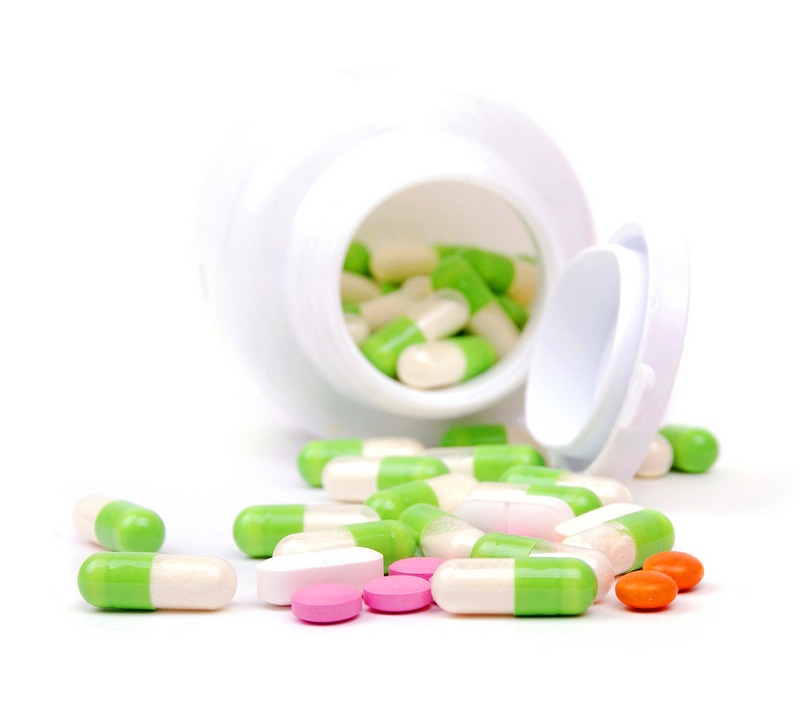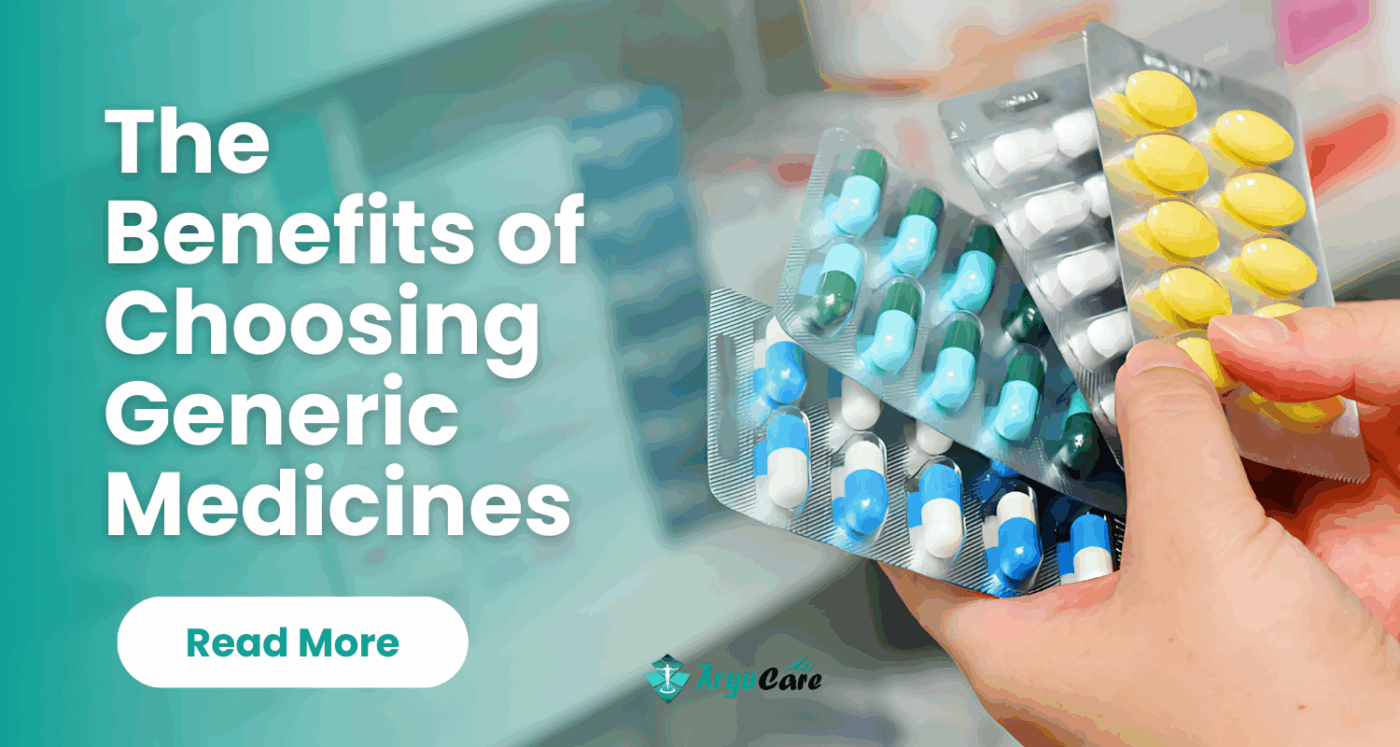Uncategorized
The Benefits of Choosing Generic Medicines: Saving Money Without Sacrificing Quality
Generic medicines have become a game-changer in healthcare, offering patients and healthcare systems significant cost savings while maintaining the same quality and effectiveness as brand-name drugs. With rising healthcare costs, choosing generics is a smart decision for individuals and communities alike. This blog explores the key benefits of generic medicines, debunking myths and highlighting how they deliver value without compromise.
What Are Generic Medicines?
Generic medicines are pharmaceuticals that contain the same active ingredients, strength, dosage form, and route of administration as their brand-name counterparts. They are typically introduced after the patent on a brand-name drug expires, allowing manufacturers to produce them at lower costs. Regulatory agencies, such as the FDA or WHO, ensure generics meet strict standards for safety, efficacy, and bioequivalence—meaning they work the same way in the body as the original drug.
Key Benefits of Choosing Generic Medicines
1. Significant Cost Savings
One of the most compelling reasons to choose generics is their affordability. Generics are often 20-80% cheaper than brand-name drugs because manufacturers don’t incur the high costs of research, development, or marketing. For example:
-
A month’s supply of a brand-name cholesterol drug might cost $100, while its generic equivalent could be as low as $20.
-
In chronic conditions like diabetes or hypertension, these savings add up over time, easing the financial burden on patients.
These lower costs also benefit healthcare systems and insurers, reducing overall spending and allowing resources to be allocated to other critical areas.

2. No Compromise on Quality
A common misconception is that generics are inferior to brand-name drugs. In reality, generics undergo rigorous testing to ensure they are bioequivalent to the original drug. This means they deliver the same therapeutic effect, with the same safety and efficacy profile. Regulatory bodies enforce strict manufacturing standards, so patients can trust that generics are just as effective. For instance, generic versions of antibiotics or pain relievers work identically to their branded counterparts in treating infections or managing pain.
3. Increased Access to Essential Treatments
The affordability of generics makes life-saving and essential medicines accessible to more people. This is especially critical for:
-
Chronic disease management: Patients with conditions like heart disease or asthma can afford consistent treatment, improving long-term health outcomes.
-
Low-income communities: Generics enable broader access to medications for those who might otherwise skip doses or forgo treatment due to cost.
Globally, generics have been transformative, such as in providing affordable HIV/AIDS treatments or vaccines in developing countries.
4. Encouraging Competition and Innovation
The availability of generics fosters competition in the pharmaceutical market, which can drive down prices further and encourage innovation. When generics enter the market, brand-name manufacturers are incentivized to develop new, improved drugs, advancing medical science while keeping costs in check for older treatments.
Debunking Myths About Generic Medicines
Despite their benefits, some myths persist about generics:
-
Myth: Generics are less effective. Fact: Generics must prove bioequivalence, ensuring they work the same as brand-name drugs.
-
Myth: Generics use lower-quality ingredients. Fact: Generics use the same active ingredients and are subject to strict regulatory oversight.
-
Myth: Generics cause more side effects. Fact: Side effects are the same as those of brand-name drugs, as the active ingredients are identical.
Education is key to dispelling these misconceptions. Healthcare providers and pharmacists play a vital role in reassuring patients about the reliability of generics.

Real-World Impact of Choosing Generics
Generics have an effect in a variety of situations:
-
Individual Savings: A patient switching to generic statins for cholesterol management could save hundreds of dollars annually, allowing them to afford other necessities.
-
Healthcare Systems: In the U.S., generics account for nearly 90% of prescriptions but only 20% of drug spending, saving the healthcare system billions each year.
-
Global Health: Generic antimalarials and tuberculosis drugs have expanded treatment access in low-resource settings, saving countless lives.
Tips for Choosing Generic Medicines
To maximize the benefits of generics, consider these steps:
-
Ask Your Doctor or Pharmacist: Inquire about generic options when prescribed a medication. Most prescriptions can be filled with generics.
-
Check Labels: Look for the active ingredient on drug packaging to confirm it matches the brand-name version.
-
Compare Prices: Use pharmacy apps or websites to find the most cost-effective generic options.
-
Stay Informed: Learn about generics through reputable sources like the FDA or WHO to build confidence in their quality.
Conclusion
Choosing generic medicines is a practical and powerful way to save money without sacrificing quality. By offering the same therapeutic benefits as brand-name drugs at a fraction of the cost, generics empower patients, strengthen healthcare systems, and promote equitable access to treatment. As healthcare costs continue to rise, embracing generics is not just a financial decision—it’s a step toward better health for individuals and communities worldwide. Talk to your healthcare provider today to see if generics are right for you.


